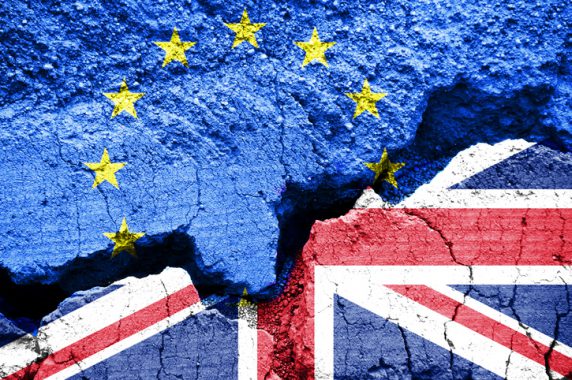European doctors have been reassured they are still welcome in the UK by the BMA and GMC, as the UK officially leaves the EU today and enters into a transition period.
The BMA said the doctors must ‘continue to be welcome in the UK’, while the GMC praised their ‘vital contribution’ and stressed the importance of retaining medical staff.
Dr Chaand Nagpaul, council chair at the BMA, said: ‘Freedom of movement has allowed talented doctors and other healthcare staff to travel, work and teach across Europe, letting those from the EU both contribute to and learn from the NHS, while UK-trained clinicians have been able to share their skills in other European nations.’
Meanwhile, GMC chief executive Charlie Massey said: ‘European doctors make a vital contribution to our health service and systems are in place to ensure they can continue to do so in the years to come.’
The registration status of any doctor already holding provisional or full registration in the UK won’t change due to Brexit, he said.
Mr Massey added that any new applicants from the European Economic Area – those in the EU, Iceland, Liechtenstein and Norway -will be able to join the register in the same way throughout the transition period, due to end on 31 December 2020.
He added: ‘It is crucial that doctors are not deterred from practising here and as a regulator we will do all we can to support the retention and flow of doctors into the UK.’
Last year, the BMA warned that leaving the EU without a deal would cause irreparable damage to the NHS, a sentiment echoed by the RCGP, which also stated that this arrangement could close down GP practices.
Dr Nagpaul said today: ‘Our message to our European colleagues – and indeed those around the world – is a clear one: you are welcome here.
‘While the UK may be leaving the EU, Britain’s doctors will remain very much part of Europe’s tight-knit medical community.
‘We have far more in common with our European colleagues than is different. We are one profession bound by our duty and desire to provide the best care to our patients across the continent.’
He said the BMA would continue to challenge the Government over Brexit arrangements, to ensure doctors’ and patients’ interests are prioritised, crucially by avoiding a no-deal Brexit.
Medicine shortages were a recurrent theme among the healthcare sector in the run-up to Brexit, with NHS chief executive Simon Stevens unable to guarantee the supply of medicines if a no-deal Brexit were to go ahead.
Brexit was also deemed ‘the one thing’ slowing down international GP recruitment, and almost half of GPs who responded to a Pulse survey believed that Brexit had increased anxiety in patients.
Pulse October survey
Take our July 2025 survey to potentially win £1.000 worth of tokens












